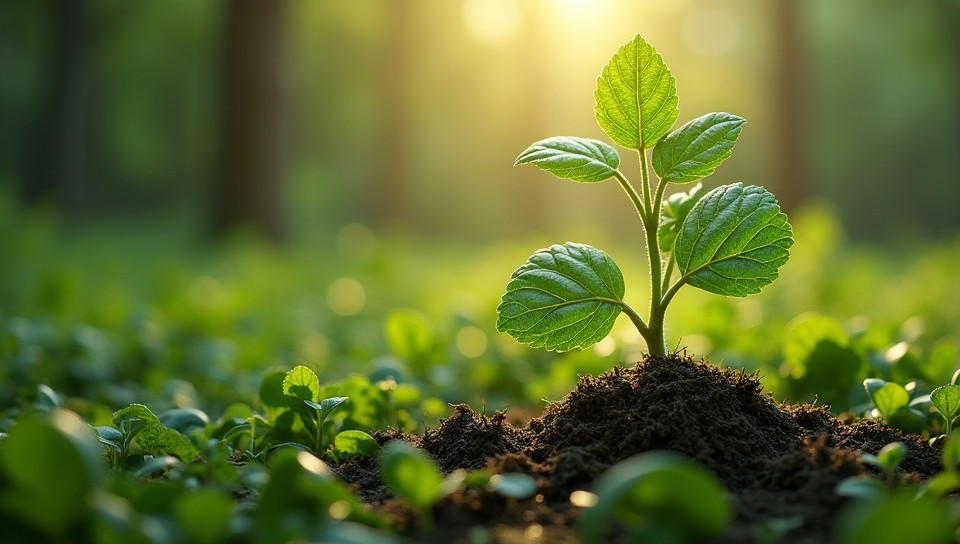Potential negative impact on gut health from certain plants 76%

The Hidden Dangers Lurking in Your Salad Bowl
As we strive to incorporate more fruits and vegetables into our diets, it's easy to overlook the potential negative impact that certain plants can have on our gut health. While a diet rich in whole foods is essential for maintaining a healthy digestive system, some plants contain compounds that can cause harm when consumed in excess or by individuals with specific sensitivities.
The Gut Microbiome: A Complex Ecosystem
The human gut is home to trillions of microorganisms that play a crucial role in our overall health. These microbes are responsible for breaking down complex carbohydrates, synthesizing essential vitamins, and regulating the immune system. However, when certain plants enter the gut, they can disrupt this delicate balance, leading to a range of negative effects.
Plants That Can Harm Gut Health
Some plants that have been known to cause issues in individuals with sensitive stomachs or compromised gut health include:
- Cassava: Contains naturally occurring cyanide compounds that can be toxic when ingested in large quantities.
- Cruciferous vegetables like broccoli and cauliflower: While rich in fiber and antioxidants, these vegetables contain raffinose, a complex sugar that can cause bloating and gas in some individuals.
- Beans and legumes: High in fiber and protein, beans and legumes also contain lectins, which can bind to gut cells and cause inflammation.
- Corn: Contains phytic acid, a compound that can inhibit the absorption of essential minerals like zinc and iron.
The Impact on Gut Health
Consuming plants that disrupt the gut microbiome can lead to a range of negative effects, including:
- Bloating and gas
- Abdominal pain and cramping
- Diarrhea or constipation
- Fatigue and malabsorption of nutrients
- Increased risk of chronic diseases like irritable bowel syndrome (IBS), inflammatory bowel disease (IBD), and even cancer
Taking a Proactive Approach to Gut Health
While it's not necessary to eliminate these plants from your diet entirely, being mindful of your individual sensitivities and taking steps to support your gut health can help mitigate the negative effects. Consider incorporating fermented foods like kimchi or kefir into your diet to promote the growth of beneficial bacteria, and limit your intake of problematic plants to maintain a balanced gut ecosystem.
Conclusion
In conclusion, while fruits and vegetables are essential for maintaining a healthy diet, it's crucial to be aware of the potential negative impact that certain plants can have on our gut health. By understanding which plants may cause issues and taking proactive steps to support our gut microbiome, we can maintain a balanced digestive system and enjoy the numerous benefits of a plant-based diet.
- Created by: Isaac Martínez
- Created at: Aug. 20, 2024, 10:15 p.m.
- ID: 7864







